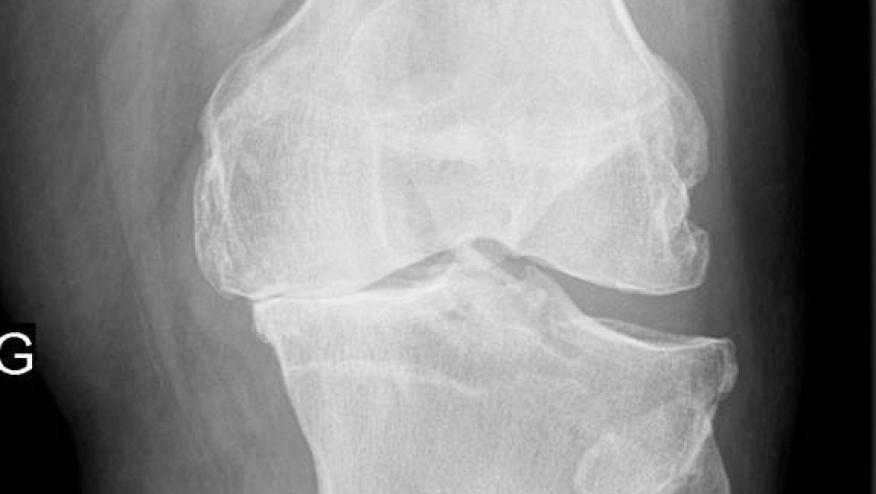What’s new in knee osteoarthritis that matters? Save

Are intra-articular steroid injections effective in symptomatic knee OA and better than just giving IA lidocaine? And how long do IA steroids work for?
Yes, says a small but positive RCT of 27 patients with knee OA who were randomized to IA methylprednisolone acetate with lidocaine vs. lidocaine alone and differences were still detected at 12 weeks. The number needed to treat to have an improvement in pain of the MCID or more was only 3 (Abstract #1650). Very inexpensive treatment compared to viscoelastics! Look at the next abstract that compares the two treatments (#1652).
Do IA steroids in knee OA accelerate cartilage loss?
There are mixed data in the literature about this. However, a nice study of two incident knee OA cohorts studied patients who had single or multiple injections of intra-articular steroids or hyaluronic acid preparations. Guess what? In 792 patients there was no difference between those requiring a total knee replacement in any of the groups. This helps to possibly dispel the myth that IA steroids are really harmful to the cartilage. This was not randomized but still supports the safety of IA steroids. Abstract #1652
Does weight loss actually help symptomatic knee OA?
This is often in guidelines. There was a presentation comparing need for TKR in OA patients who were morbidly obese who chose bariatric surgery as an option (N=25) to those who did not (N=28). They observed less people who had bariatric surgery with knee OA getting a knee replacement over follow up during the study compared to those who did not opt for the surgery (abstract #1656). This supports that weight loss can be helpful but of course this could not be randomized and there could be other confounding.
Do we have disease modifying drugs for knee OA?
Maybe, maybe not.
A RCT in symptomatic primary knee OA randomized 344 patients to either methotrexate or glucosamine (#1648) and found that methotrexate was effective. The statistical comparisons were within and not between groups which I don’t think is optimal, but glucosamine had no effect whereas methotrexate did. Will I pull out my methotrexate prescription pad for the next person with knee OA….not yet!
The data are accumulating on tanezumab (#1641) a nerve growth factor inhibitor. I wonder if it is an analgesic and not a disease modifying drug in OA. A large RCT of 3021 pts with knee OA found that tanezumab improved pain more than NSAIDs. The drop out was large in both groups where only 1312 completed treatment, and there was no difference in the patient acceptable symptom state (PASS). There is a worry about neuropathy and also rare accelerated cartilage loss with tanezumab. My questions are: will tanezumab just be an expensive analgesic in OA and not disease modifying AND will it even be approved before it is off patent (or ever)?










If you are a health practitioner, you may Login/Register to comment.
Due to the nature of these comment forums, only health practitioners are allowed to comment at this time.